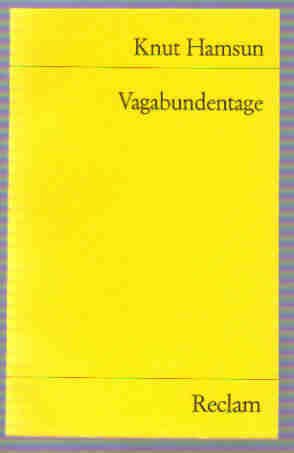
The novel begins with a youthful Isak setting out on his own and by the end he is reflecting upon old age as he begins to embrace the deterioration of his strength and body and leave the future in the hands of his full grown children. It is quite impressive how so little yet so much seems to transpire in this relatively short novel (324pgs in the Penguin Classics edition) and the vast length of time that goes by. The typical quirks of Hamsun are still present, and avid readers will find his unmistakable voice booming from the pages. While Hunger was gritty, raw and frantic, Growth delivers a very controlled and serene prose. Growth of the Soil-written 27 years after his other classic and debut novel, and one of my personal favorite books of all-time, Hunger-displays Hamsun at a much more matured writing style. Powerful in its sublime simplicity, Growth is the life and times of Isak, following him as he cuts his legacy from the untamed wilds of Norway in a fight against Modernity. Growth of the Soil, Nobel laureate Knut Hamsun’s 1917 novel widely regarded as his masterpiece, is that novel.


'Then comes the evening.' Those who have seen the film Hamsun, starring Max Von Sydow, will recall seeing several scenes with Marie Hamsun finishing a novel with this line at book readings.


 0 kommentar(er)
0 kommentar(er)
